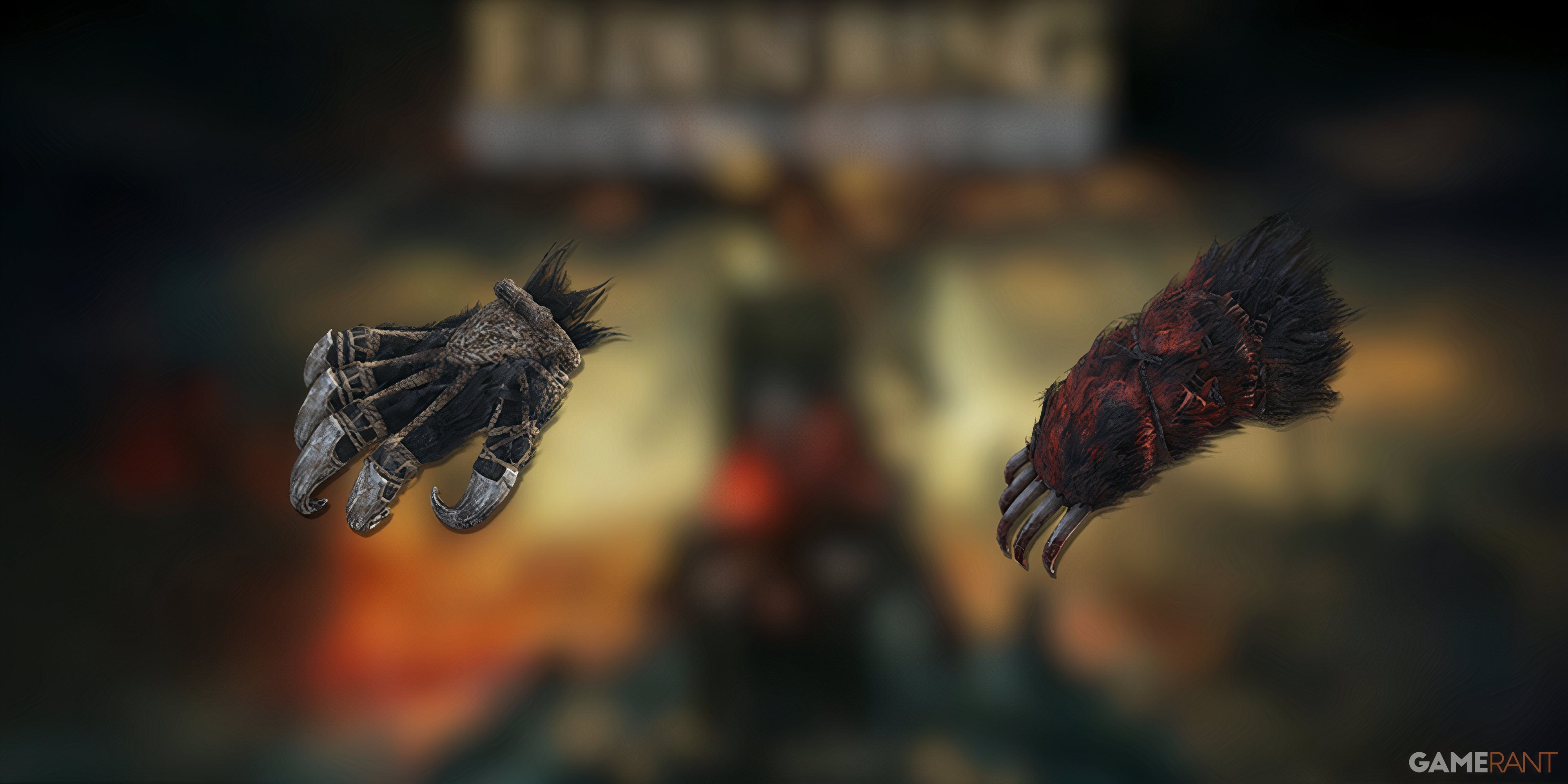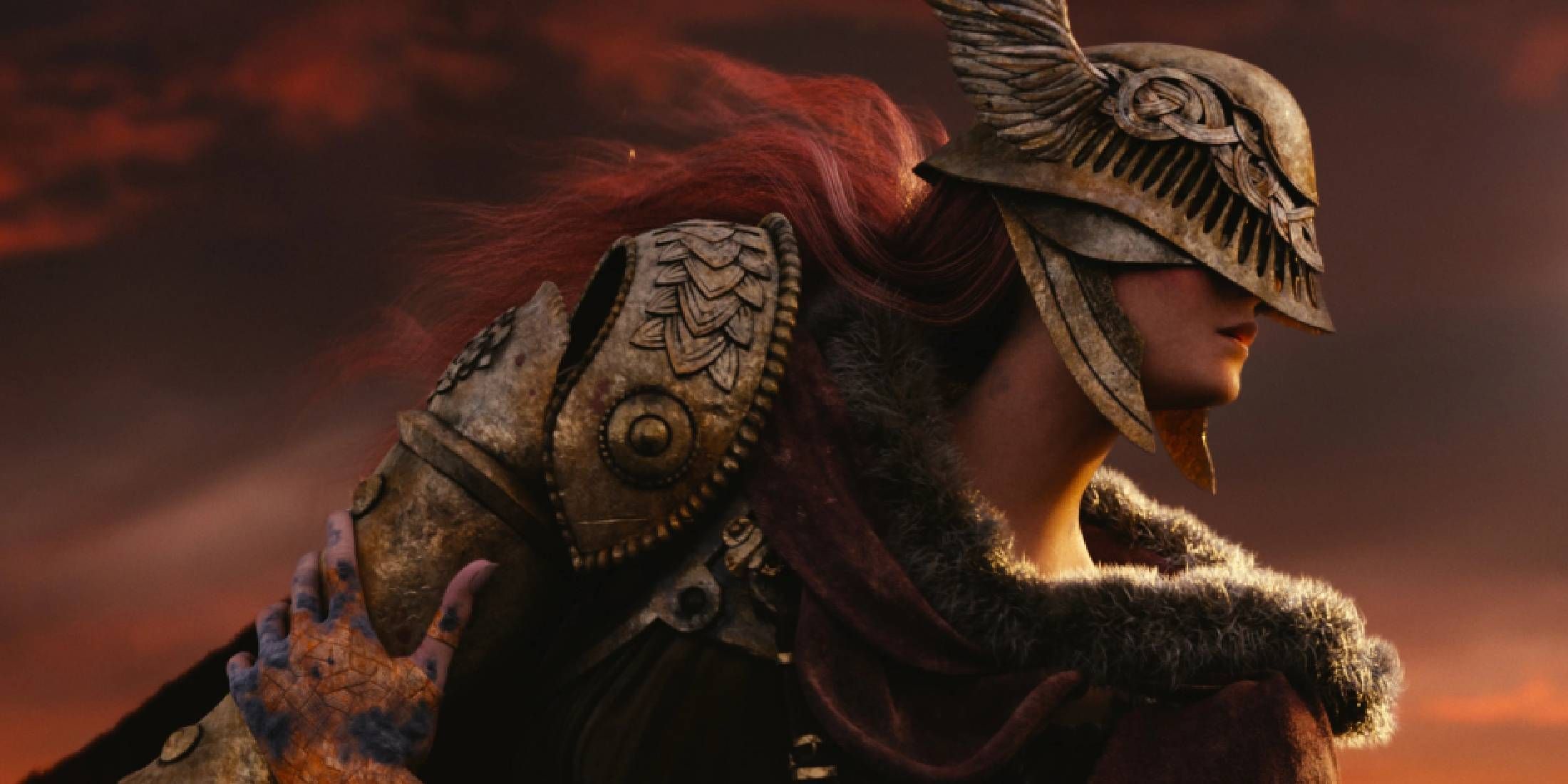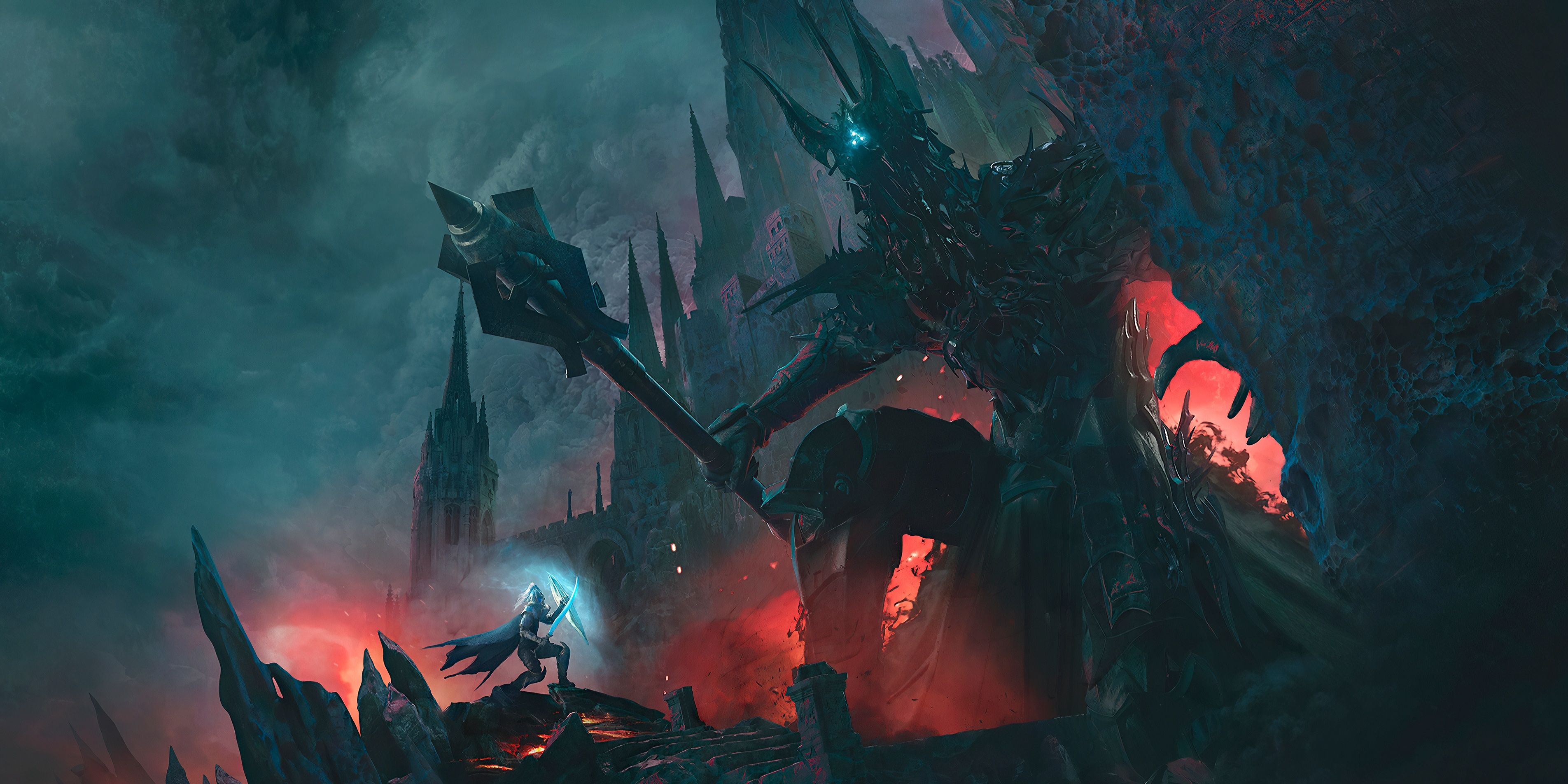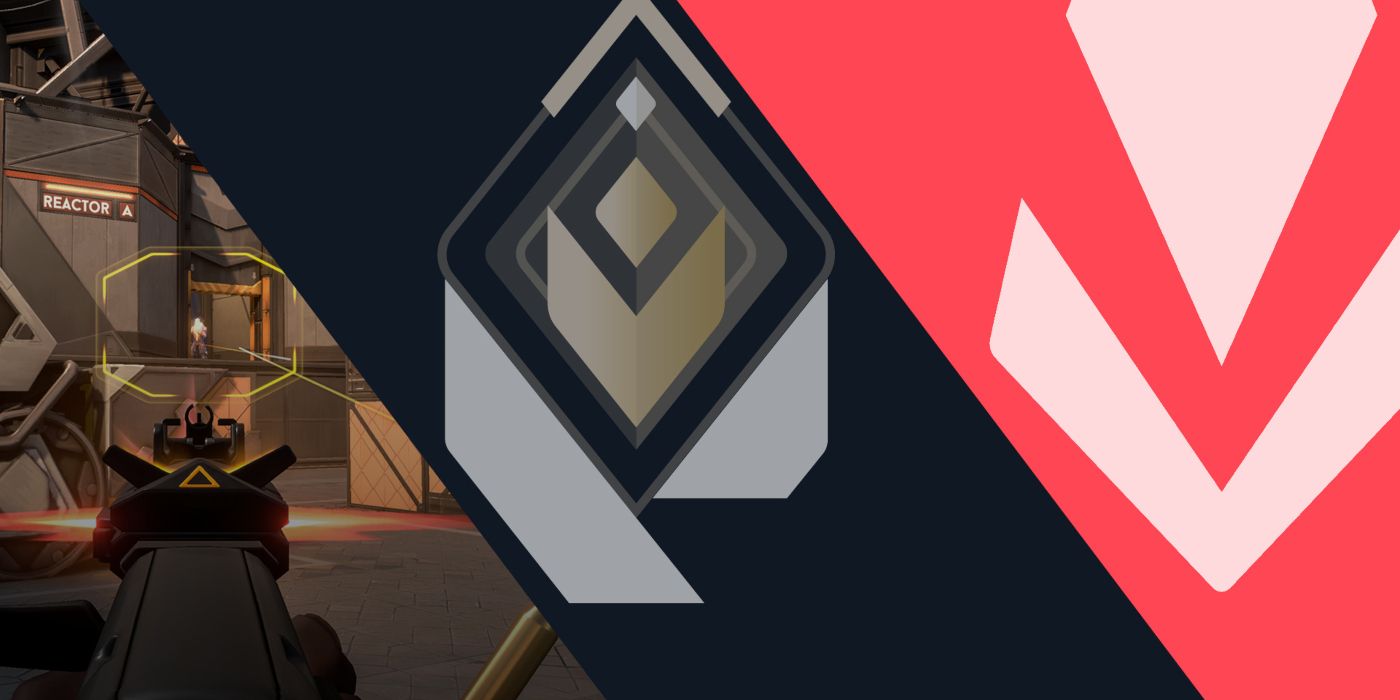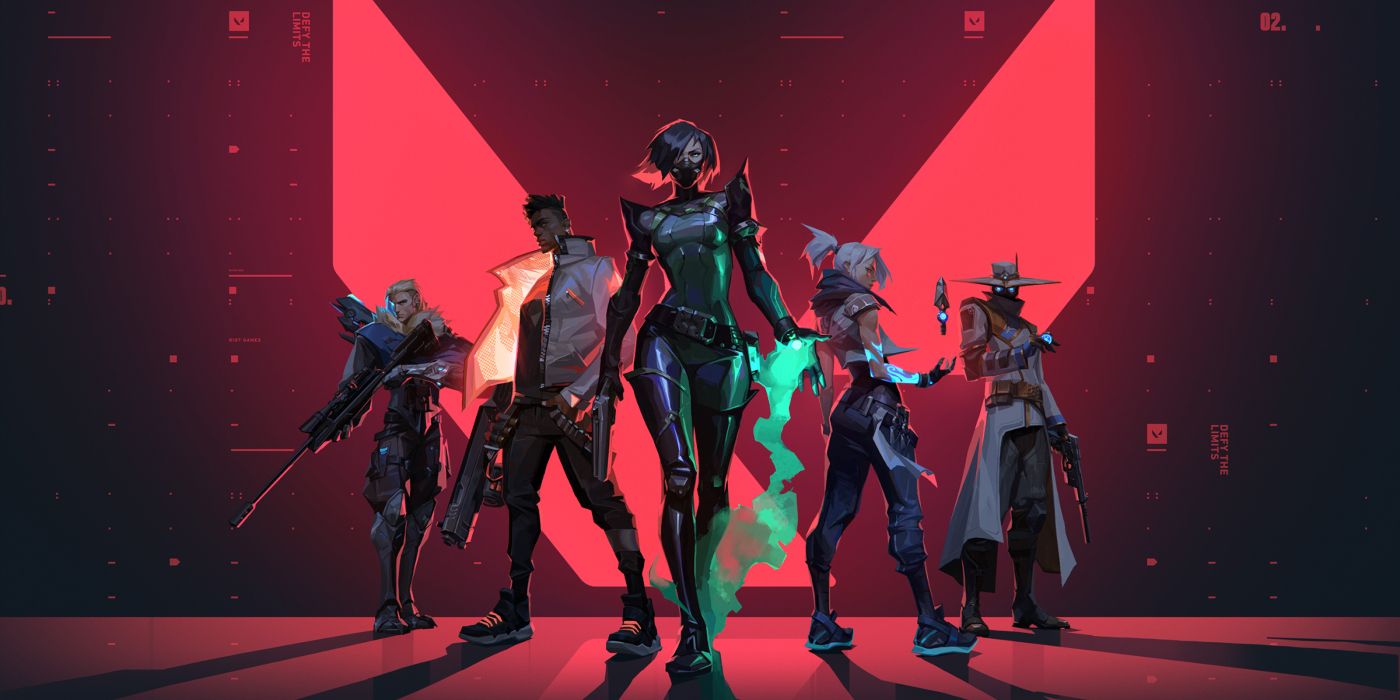Valorant continues to be impressively successful during its closed beta. Invitations continue to roll out as Riot grows more confident in Valorant's server capacity, and launch grows ever closer. But with launch looming, players are beginning to question the lack of certain features and options. One question that answered by Riot recently regards a pure solo matchmaking option in Valorant, or, more specifically, why there isn't a pure solo matchmaking option in Valorant.
In Valorant, players are able to queue either as a solo player or as a team. As such, those players will be matched up with others who may either be solo or a team. There is no option for players to join the queue by themselves and to have both their own team and their opposing team entirely composed of solo players. These types of matchmaking queues are often seen as fairer than otherwise. Multiple-person queues often perform more strongly, threatening the competitive balance of a match.
Riot product manager Ian Felding responded to the question in a recent Valorant game development update. While it's not a simple answer, Felding answers simply, stating it's because Riot wants competitive Valorant to be focused on team-play. "If players have a group of teammates they perform well with, we don't want to discourage them and set a precedent that the real test of skill is in solo play."
The possibility of a pure solo matchmaking option, in Felding's view, "can easily lead to that becoming the definitive test of someone's skills." This, according to Felding, is not the kind of competitive standard that Riot wants to build for Valorant. Rather, it wants players to be encouraged to find teammates and to have their skill in working with teams, and against teams, be matchmaking's priority.
That doesn't mean that Riot is refusing to acknowledge the disparity that can be created for solo queuers. According to Felding, Valorant's matchmaking does try to match players against similar premade team sizes. They also say that individual skill does play a small factor in determining a player's matchmaking skill level, except at the highest ranks.
What's perhaps most interesting about Riot and Felding's views is that it seems quite genuine. In other competitive games, including League of Legends, studios have experimented with allowing different-sized teams in different queues. The reasoning for allowing duos or trios to queue together tended to be because it encouraged more people to play, not because it resulted in a more fair queue. That may be the case with Valorant, too, but Felding makes a good case for prioritizing teamwork and encouraging forming teams, too.
Valorant releases on PC this summer.

